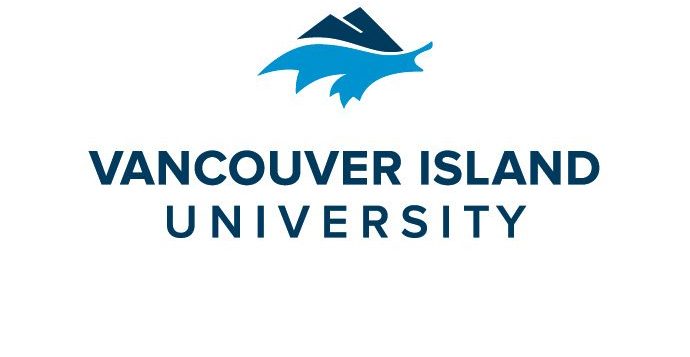by: Kelsey Lawson
“Maker” is an umbrella term for people who have been known as hobbyists, tinkerers, hackers, builders, crafters, artists, and innumerable other terms.
“Maker spaces” are those places where people come together to create all types of things – physical items and virtual products. Initially found in places such as community-based spaces with nominal paid memberships or in libraries or children’s museums, maker spaces have more recently begun to be implemented in schools across the world.
As Maker Spaces are a relatively recent phenomenon in education, I am exploring how such spaces are being implemented in a BC-specific context to support constructionist learning for students, particularly those at the upper-elementary and middle school grade levels before classes typically transition to subject-specific content such as woodwork, metalwork, or robotics.
I wanted to know things such as how maker space teachers chose the technologies they included in their spaces, how they funded and obtained supplies for the space and courses, what support they had from various levels of their school community, how such learning differs from or complements learning in an academic classroom, changes teachers had noticed in their own teaching methods and in their students’ learning or engagement, and any recommendations maker space teachers had for others who were in the beginning stages of implementation. I decided to perform a comparative review of dedicated school-based maker spaces to document the various ways that maker spaces have been implemented and used to support student learning. Following the completion of my comparative review, I intended to use this information to create a guiding resource for BC teachers wishing to incorporate maker space concepts within their classrooms and schools.
Initially, I thought I’d contact teachers in maker space classrooms across BC and visit sites that were within driving distance, so as to have as much information as possible from which to identify themes and draw conclusions. Following guidance from my instructors that any type of school across the whole of BC was too broad a study, I decided to narrow it to public school districts on Vancouver Island, then further to Central and North Vancouver Island. I planned to schedule on-site visits to maker space classrooms to interview teachers in person as well as to observe and document the physical spaces. Then COVID struck, throwing a wrench into everything I had so carefully planned and requiring that I redo a fair bit of the work I had already completed. Despite how it felt as though I should have SO MUCH TIME for thesis work, I found the opposite to be true.
So, ask me anything. I’m perfectly willing to talk about the roadblocks that pop up in the thesis process, working through your literature review, how inkshedding never actually takes 30 minutes. Hopefully my experience so far can be useful to you.
